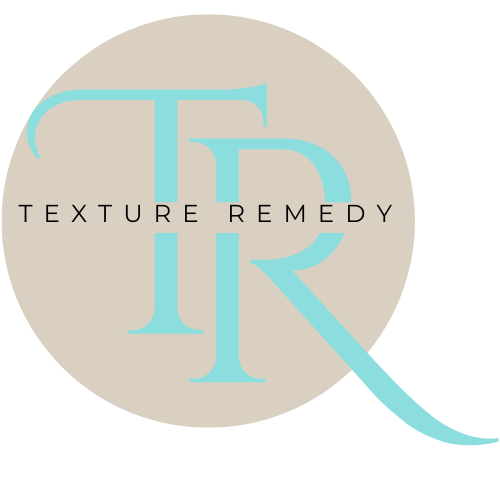Diet
In attempting to have healthy and gorgeous hair, we spend a great deal of money on hair treatments and products, but occasionally we overlook the fact that one of the greatest weapons in our arsenal is actually our diet. The saying "you are what you eat" is not only true for your overall health but also for the health of your hair. The link between diet and baldness is tighter than you probably think. Here, in this article, we will dive deep into the complicated relationship between food and your locks.
The Nutrition Powerhouse
Your hair follicles can be thought of like a delicate garden. For the garden to bloom, it needs a mix of nutrients in equilibrium. Vitamins and minerals that are essential, such as vitamin A, vitamin C, vitamin E, zinc, and iron, play a key role in maintaining healthy hair follicles. Vitamin A assists in the creation of sebum, an oily product that moisturizes the scalp. Vitamin C is required for collagen production, which strengthens hair strands. Vitamin E protects hair cells from oxidative damage. Zinc helps to stimulate growth and repair of tissues, and iron ensures healthy blood circulation to the scalp. Omission of these vitamins can result in weakened follicles and excessive hair loss.
Protein: The Building Block of the Hair
Hair is primarily made up of a protein called keratin. Therefore, protein intake through your diet has a direct relation to the structure and strength of your hair. Insufficient protein intake can lead to brittle and thinning hair. Incorporation of lean proteins like poultry, fish, eggs, legumes, and nuts can provide your body with amino acids needed for hair growth.
Inflammation and Oxidative Stress
Western diets high in processed foods, refined sweets, and saturated fats are most likely to induce inflammation and oxidative stress in the body, even on the scalp. Inflammation will disrupt the hair growth cycle of hair follicles and lead to thinning and hair loss. Food that is antioxidant in nature like fruits, vegetables, and whole grains aids in combating oxidative stress and inflammation and thereby creates a suitable environment for hair growth.
The Sugar Connection
Excessive sugar consumption not only promotes inflammation but also insulin resistance. Insulin resistance may affect hair growth by disturbing hormonal balance and potentially inducing disorders like polycystic ovary syndrome (PCOS), which is responsible for hair loss. Reducing refined sugars and employing complex carbohydrates can maintain regulated insulin levels and healthier locks.
Omega-3 Fatty Acids: Hair Nourishment
Omega-3 fatty acids, found commonly in fatty fish, flaxseeds, and walnuts, bring essential nutrition to hair follicles. These promote a healthy scalp, improved hair elasticity, and reduced hair breakage. Integrating these good fats into your diet can lead to healthier, more luscious hair.
Conclusion
When it comes to the health of your hair, your diet is an important part that should not be overlooked. Malnutrition, inflammation, and imbalanced eating habits may all result in thinning and hair loss. On the other hand, a healthy diet full of vitamins, minerals, protein, and healthy fats can provide the body with what it requires for having healthy and strong hair. So the next time you're preparing to schedule a hair care routine, remember that the first step toward beautiful hair can be as easy as a trip to the grocery store to nourish your hair from the inside out.
